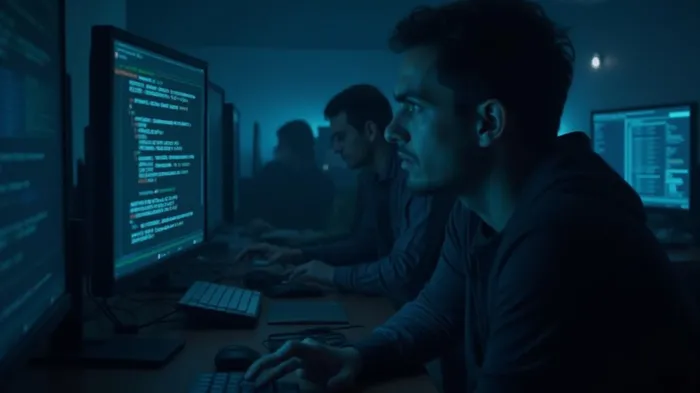Lido DAO Faces Cybersecurity Crisis After Oracle Breach
The Lido DAODAO-- is currently grappling with a significant cybersecurity challenge following the compromise of one of its oracles, underscoring the urgent need for enhanced security measures in the decentralized finance (DeFi) sector. This incident has triggered an emergency vote among Lido DAO members to address the breach and mitigate potential risks, highlighting the ongoing vulnerabilities within DeFi systems.
The breach was linked to a theft from the Chorus One oracleORCL--, which has raised concerns about the security protocols governing DeFi applications. The incident underscores the importance of robust governance mechanisms in decentralized finance platforms, particularly when dealing with security breaches. Lido DAO's immediate response to the situation demonstrates a proactive approach to safeguarding the platform and protecting user assets.
The exploitation of the oracle's functionality, particularly a bridge like Chorus One, has raised questions about the security frameworks underpinning DeFi applications. Reports suggest that the exploit was due to a leak of a private key associated with a hot wallet, rather than a vulnerability in the protocol's core code. This distinction is crucial as it indicates that widespread vulnerabilities may not exist in the smart contracts themselves. Lido's swift acknowledgment of the issue and immediate remediation efforts demonstrate a proactive stance in addressing potential fallout.
The cybersecurity landscape for crypto platforms remains precarious, with exploit numbers reaching alarming levels. A report from Hacken indicates that over $2 billion was lost to hacks and scams in the crypto sector, highlighting the pressing need for improved security measures. The Bybit hack accounted for a significant portion of these losses, emphasizing the scale of threats lurking in the digital finance ecosystem.
Hacken CEO Dyma Budorin has urged the crypto industry to strengthen cybersecurity protocols and adopt comprehensive code auditing practices. As DeFi solutions proliferate, so too do the methods employed by malicious actors, making rigorous security protocols essential for safeguarding user investments. Furthermore, the looming discussion among global leaders regarding the implications of such hacking threats reflects the growing concern about security in financial technology.
The incident with the Lido DAO emphasizes a critical juncture in the DeFi space, where reliance on oracles and smart contracts continues to grow. As platforms seek to innovate and expand, they must simultaneously prioritize robust cybersecurity measures to defend against increasing threats. With the ongoing investigation and emergency governance actions, it remains vital for all stakeholders in the crypto ecosystem to remain vigilant and informed about potential vulnerabilities. The future of DeFi may depend on the lessons learned from such incidents.

Quickly understand the history and background of various well-known coins
Latest Articles
Stay ahead of the market.
Get curated U.S. market news, insights and key dates delivered to your inbox.

Comments
No comments yet